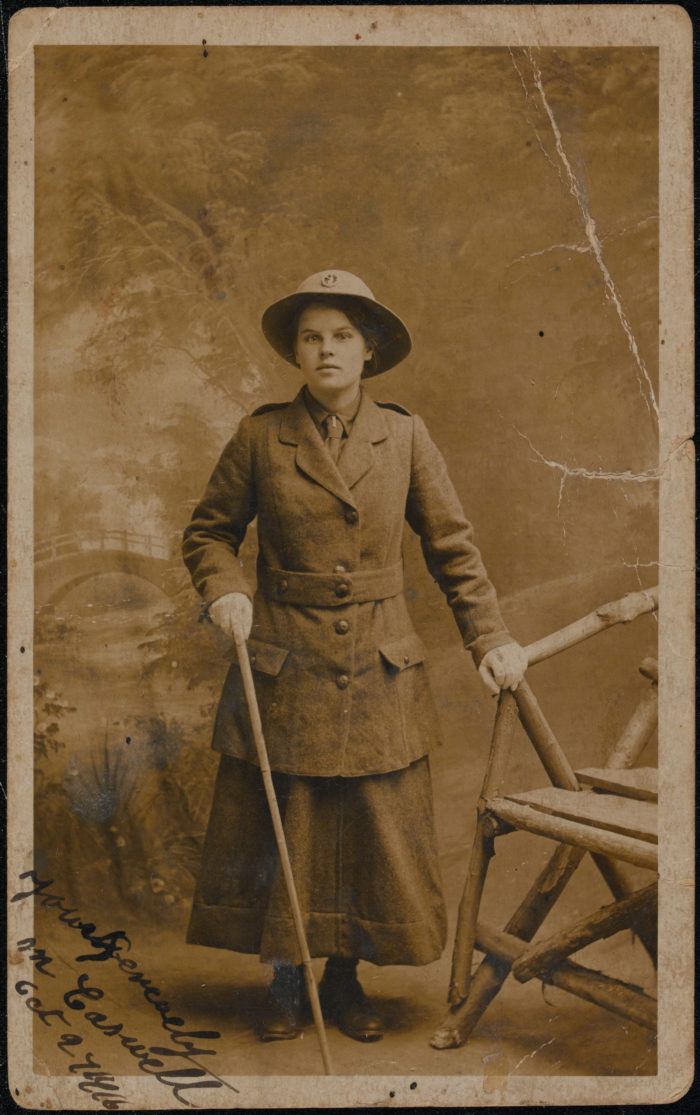
By Honey Good Contributor, Irene Caswell
Wondering how we might make our mark on the world is something we all consider as we set out on this fascinating journey called life. Which career we chose, our beliefs and passions, and the friends we make will all shape our experiences of the world and how we contribute to society. While aware that the choices we make when we’re young will have consequences, as a concept, how many of us imagine that these decisions will resonate throughout the centuries?
Tomorrow, December 7, marks the 77th anniversary of the attack on Pearl Harbor. How many of those brave young men could have imagined, as they arrived on base that day, that they would be remembered in the minds and hearts of a grateful world some 77 years later and beyond? What a sacrifice they made…
I’d also like to take this opportunity to shine a spotlight on the women of the Women’s Army Auxiliary Corps (WAAC) a branch of the British military, later adopted by Queen Mary and renamed Queen Mary Army Auxiliary Corps (QMAAC), who have also played a critical role in history, as they volunteered to serve on the front line.
Herstory in History
I never knew Margaret Selina Caswell (probably known as Maggie to her family and friends), a young woman of 20 years from a farming family who joined the WAAC in 1916, but I think of her often. The only surviving photograph shows my Great Aunt in the highly serviceable, albeit rather drab, khaki uniform, the female equivalent of the men’s army costume. The WAAC was similarly ordered by rank and Margaret was ranked ‘Worker,’ the corresponding rank to a Private in the men’s army. Workers also waited on officers, served as clerks, telephone operators, store-women, drivers, printers, bakers and cemetery gardeners.
Online reference sites state that Margaret waitressed in the Officer’s Mess (this was an early 20th century before female emancipation) but her younger sister, Winnie, insisted that Margaret was actually nursing on the Western Front, a story that has always intrigued me. As it’s only relatively recently that women’s voices are being heard it can be difficult to verify the facts.
This year it is also 100 years since Margaret was killed, together with another seven young QMAACs, in a German bombing raid on the trenches at Abbeville, just months before the Armistice. I know that Margaret was excited when she took her first ever trip away from England and her family, together with two brothers who had also joined up. As a young woman setting out on a great adventure I cannot, however, imagine that she would give a thought to posterity, and never in a million years would she have envisaged her story being retold 100 years later, let alone dreaming of a world wide web where such things were possible.
How Would We Like to be Remembered?
Growing up, pre-internet, personal stories about experiences in both the First and Second World Wars were rarely, if ever, spoken of, as the pain and grief were still too fresh. Since I began researching Margaret’s story a few years ago, it has made me think more seriously about the legacy I will leave.
How would I like to be remembered by my family? What memories might they hold of our time together? Did I make a positive and lasting impression, however tiny? While we cannot all be heroes and heroines at large, we can aspire to make an impact in a myriad of small acts of kindness, generosity, and love. All of these things are easier to achieve when times are good, but how much more extraordinary if we can achieve this state of grace during those testing times?
Margaret Selina reaches down through the years to me and I feel pride and admiration, and for women who similarly took a risk, grasped at life and adventure, digging deep into their inner resources when it truly counted, and at a time when women rarely had a voice.
Remembrance is a Powerful Thing
Remembrance is a powerful thing. It has the power to teach lessons, to inspire and to change lives and determine futures. Personal stories from history shine a light on how we live our lives today, how we interact with each other and how this will resonate long after we are gone.
This Pearl Harbor Day, I will not only be thinking of the more than 2,300 American men who died at the naval base, but I will be thinking in particular of all the courageous women who served in either world wars in one function or another. The women who worked in munitions factories, in the hospitals, on the land, those who fought fire and drove ambulances in bombing raids, the women fighter pilots, the mothers who lost their sons, and daughters, and the women of the WAAC.
Of the 1,355,000 Next of Kin Bronze Medallions and Memorial Scrolls, issued to the families of British service personnel who died as a result of the First World War, only 1,500 were issued to the families of women who similarly gave their lives.
About the Author
Irene Caswell is a Freelance Writer and can be contacted at Irene-61@live.co.uk.
+ show Comments
- Hide Comments
add a comment